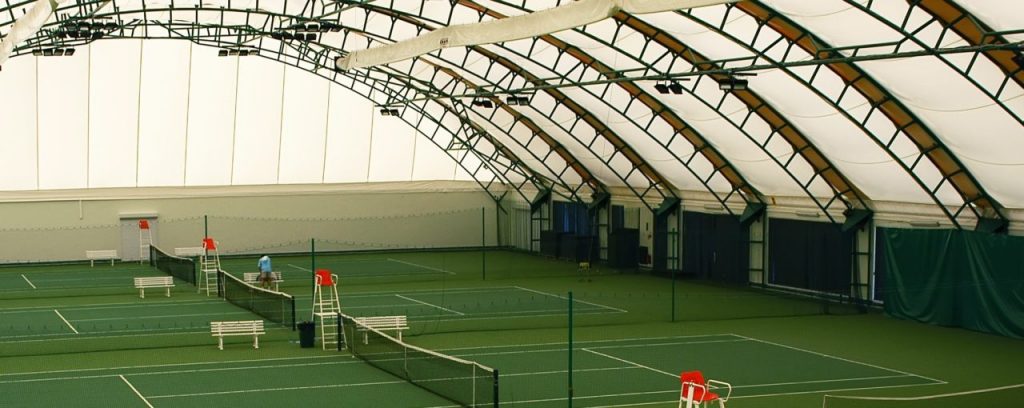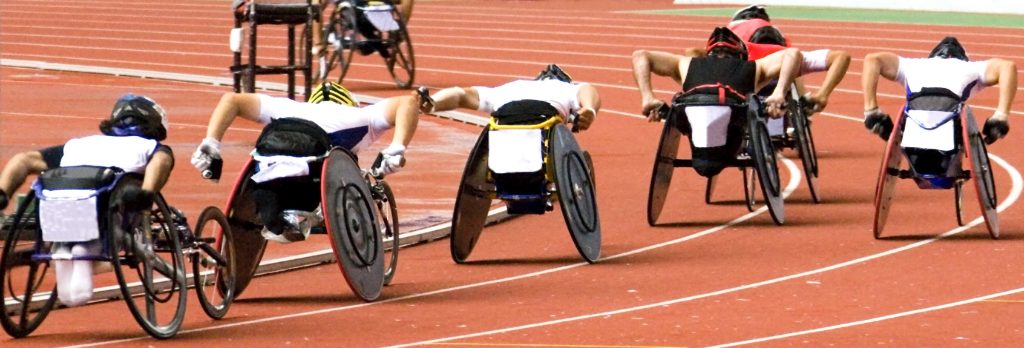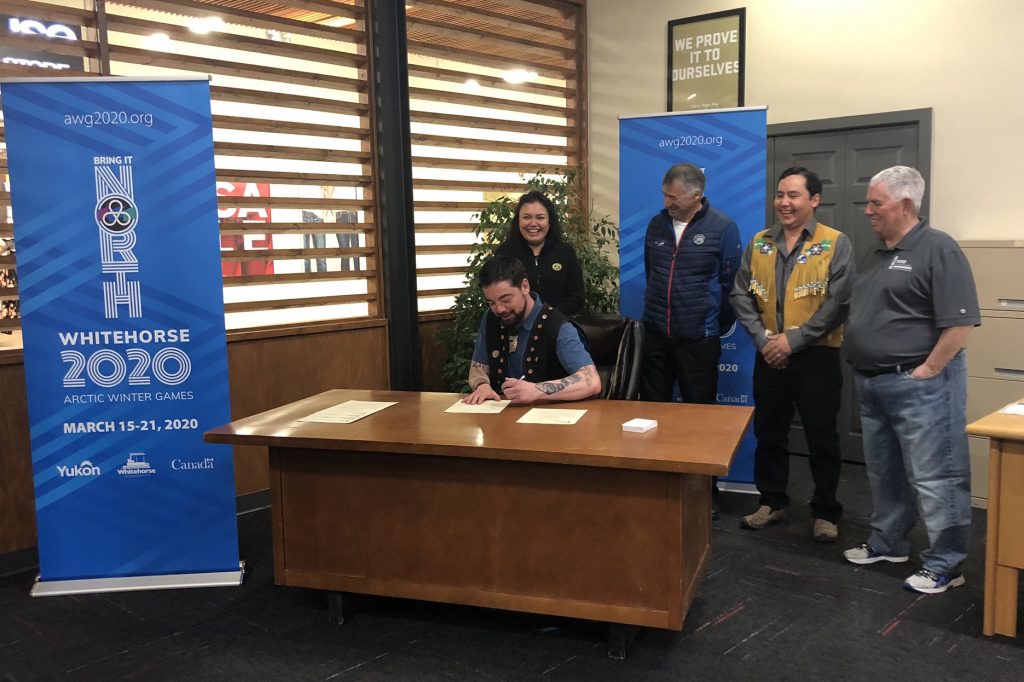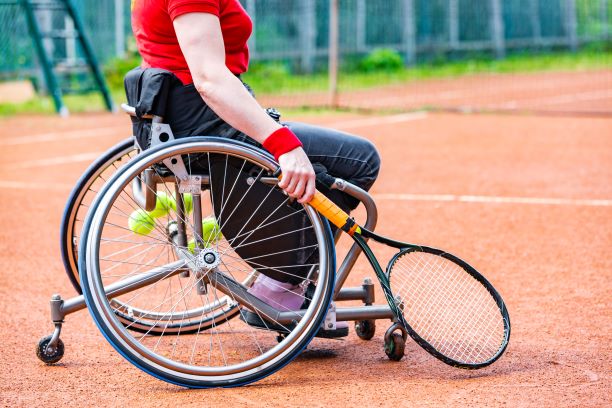Para sport “distinction”
From a hosting perspective, a single organizing committee for major international Games, such as the Olympics and Paralympics, offers a number of organizational and functional efficiencies. However, it also presents some challenges in maintaining the “distinction” of para sport. Consider the implications for scheduling, facilities, communications and legacies in the SIRCuit.
Tennis Canada’s Covered Courts Program – Driven By Data

Tennis Canada’s mission is to lead the growth of the sport in the country. That mission can only be accomplished with more individuals playing more tennis more frequently. However, to increase participation rates, one important barrier needs to be addressed – winter. Enter Tennis Canada’s Covered Courts Program. This article discusses how Tennis Canada leveraged…
Increasing Distinction in Para Sport Event Management

The concept of “inclusion” is pervasive in the current sport environment, with organizations from the community to international levels considering how to ensure all individuals have access and opportunity to participate. Generally, inclusion means that all people, regardless of their abilities, disabilities, or specific needs, have the right to be respected and appreciated as valuable…
Speechless syndrome
“Speechless syndrome” occurs when someone lacks the facts to confidently respond to a faulty argument. The October edition of the Canadian Journal for Women in Coaching provides the stats and facts to respond to four common assumptions that create barriers to advancing women in leadership.
Reconciliation as a Social Legacy of the 2020 Arctic Winter Games

This is the second blog in a series leading up to the 2020 Arctic Winter Games that will be hosted by Whitehorse, YT March 15-21, 2020. Check out the first blog, about the development of the Games. Watch for the next blog, focused on volunteer recruitment and retention, in October. The Yukon leads the way as…
Canadian Disability Participation Project Blog
While accessible sport activities, venues, and services are necessary for people of all abilities to participate in sport, accessibility does not guarantee positive sport experiences. A positive experience is about more than access: it’s about meaningful activities that provide participants with feelings of belonging, choice, challenge and success. For this reason, researchers from the Canadian…
Is Accessibility Enough? How to Create Quality Experiences in Parasport

In 2006, the United Nations endorsed the Convention on the Rights of Persons with Disabilities (CPRD) — a landmark convention that protects the right to participation in variety of social domains, including sport activities, venues, and services. The CRPD has been ratified by Canada and 176 other countries around the world. Nonetheless, rates of sport…
Unconscious Bias – Infographic
Unconscious biases are learned stereotypes that are automatic, unintentional, deeply engrained, and able to influence behavior. Within sport organizations, these biases can negatively impact diversity amongst staff and volunteers by undermining recruitment and retention strategies, and employee development. This infographic from Catalyst provides steps to combat unconscious bias as a leader in your organization.
2020 AWG Blog Series
The first Arctic Winter Games was hosted in 1970 engaging 500 athletes from Alaska, Northwest Territories, and Yukon. In March of 2020, an estimated 2,000 athletes from across the Circumpolar North will be in Whitehorse, Yukon as the Games mark their 50th anniversary. Learn more about the Games and its role in athlete development in…
Women’s World Cup 2019
The Women’s World Cup has amazed, inspired and delighted us…while also providing a platform for players to draw attention to persisting inequities in the sport. Today’s SIRC blog provides an overview of some of the key issues raised by the players, and provides recommendations for influencing positive change in sport, whether you’re committed to achieving…